Robert Jenrick, the shadow justice minister for Britain, has come under fire for claiming that there should be no "sharia courts" in the nation, a reference to the unofficial organisations that render marriage-related religious decisions that are not legally enforceable.
On social media platform X, Jenrick, who previously called for people shouting "Allahu Akbar" in public to be arrested and pressured to revoke a Palestinian student's visa after she spoke at a pro-Gaza rally, responded to an article in The Times that referred to Britain as the "western capital for sharia courts" by saying: "None of these courts should exist."
He added: "There’s only one law in this country and it is British law."
The UK has three separate legal systems: a combined legal system based on common law in England and Wales, an independent legal system in Scotland combining common and civil law, and another independent legal system in Northern Ireland.
A spokesperson for the Muslim Council of Britain, the country's largest representative umbrella group of Muslim organisations, told Middle East Eye that Jenrick's comments "reveal a concerning pattern of inflammatory rhetoric that surfaces every few years to whip up antagonism against British Muslims".
They added: "These are voluntary arbitration forums operating entirely within British law - just like Jewish beth din courts, which Mr Jenrick conspicuously fails to mention."
Islamic courts first appeared in Britain in the 1980s, primarily to facilitate Islamic divorces for Muslim women who wanted to end their marriages when their husbands refused.
These courts, of which there are currently 85 in the UK, also offer religious advice on inheritance, wills and other aspects of Islamic personal law.
They are unofficial bodies with no legal standing or enforcement powers. Nor do they have jurisdiction over financial issues and operate instead as advisory councils.
None of these courts should exist.
— Robert Jenrick (@RobertJenrick) December 18, 2024
There’s only one law in this country and it is British law. pic.twitter.com/dPtCc0apFS
The Jewish Orthodox beth din and Catholic tribunals perform the same function as an Islamic court for many Jewish and Catholic citizens of Britain.
Middle East Eye contacted Jenrick asking whether he advocates for the abolition of the beth din and Catholic tribunals, but received no response.
Criminalisation of Islamic marriages
Islamic courts have often been criticised by civil society groups who have accused them of entrenching misogynistic practices, although many Muslim groups have defended their use.
About 100,000 Islamic marriages are believed to have been conducted in the UK.
The Muslim Council of Britain's spokesperson said: "Far from seeking parallel laws, many mosques and Islamic arbitration forums actually require couples to have a civil marriage before any religious ceremony."
They added: "While The Times raises some legitimate concerns about specific cases, it's disappointing to see such a one-sided focus on Islamic arbitration without acknowledging similar practices in other faiths."
In 2008 Rowan Williams, the then archbishop of Canterbury, triggered controversy after saying that Islamic law should be given official status in the UK to help social cohesion.
'Constructive accommodation'
"There is a place for finding what would be a constructive accommodation with some aspects of Muslim law as we already do with some kinds of aspects of other religious law," he said.
In 2016, the then home secretary Theresa May commissioned an independent review that recommended a government regulator for the councils - but the Conservative government refused, saying Islamic courts had no jurisdiction.
Conservative MP Nick Timothy told The Times this week that Islamic marriages "should be criminalised if they are conducted without the protections of an accompanying civil marriage".
A government spokesman said: "Sharia law does not form any part of the law in England and Wales. And it is absolutely right that couples should marry into legally recognised marriages because that provides them with protections, security and support which they should have in the United Kingdom."
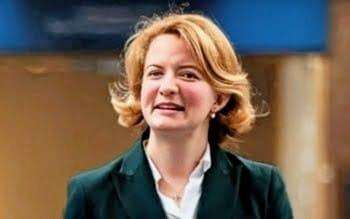
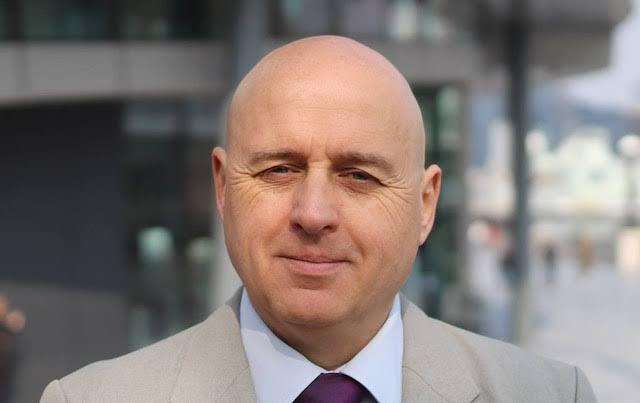
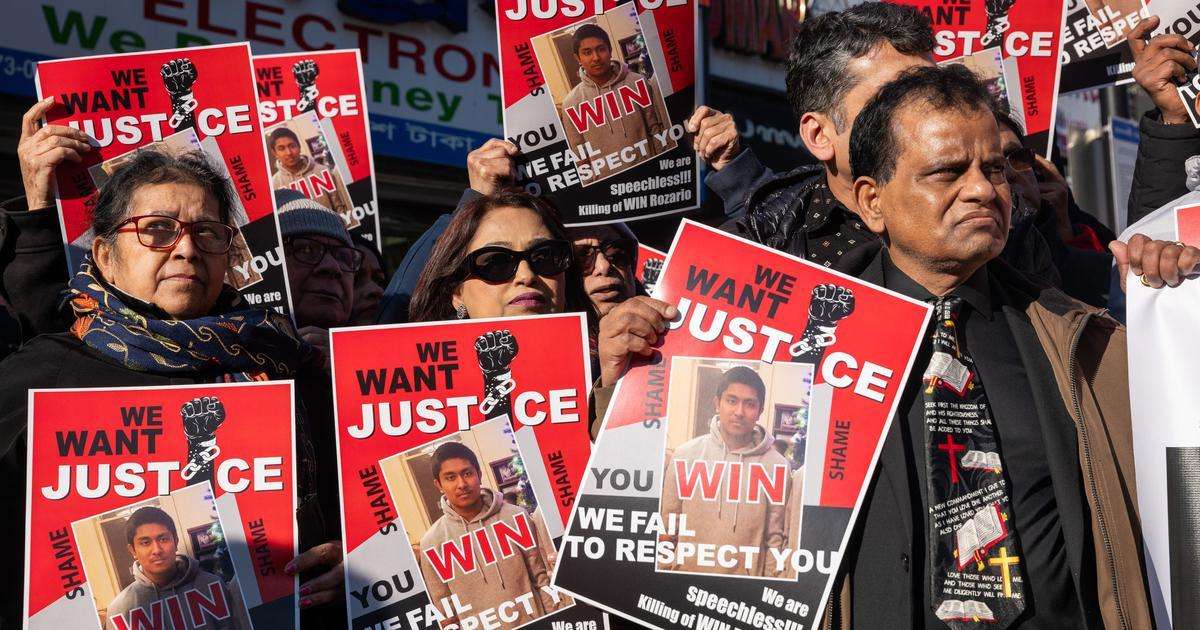
_4.jpg)
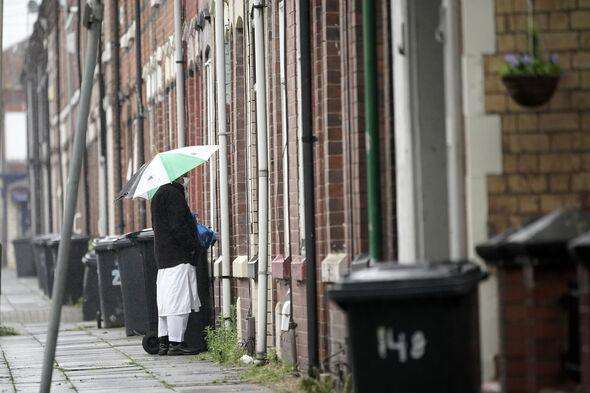


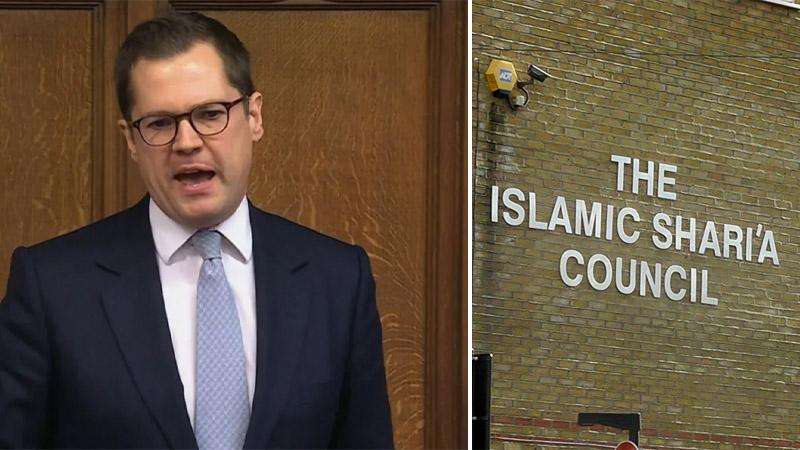
.svg)


